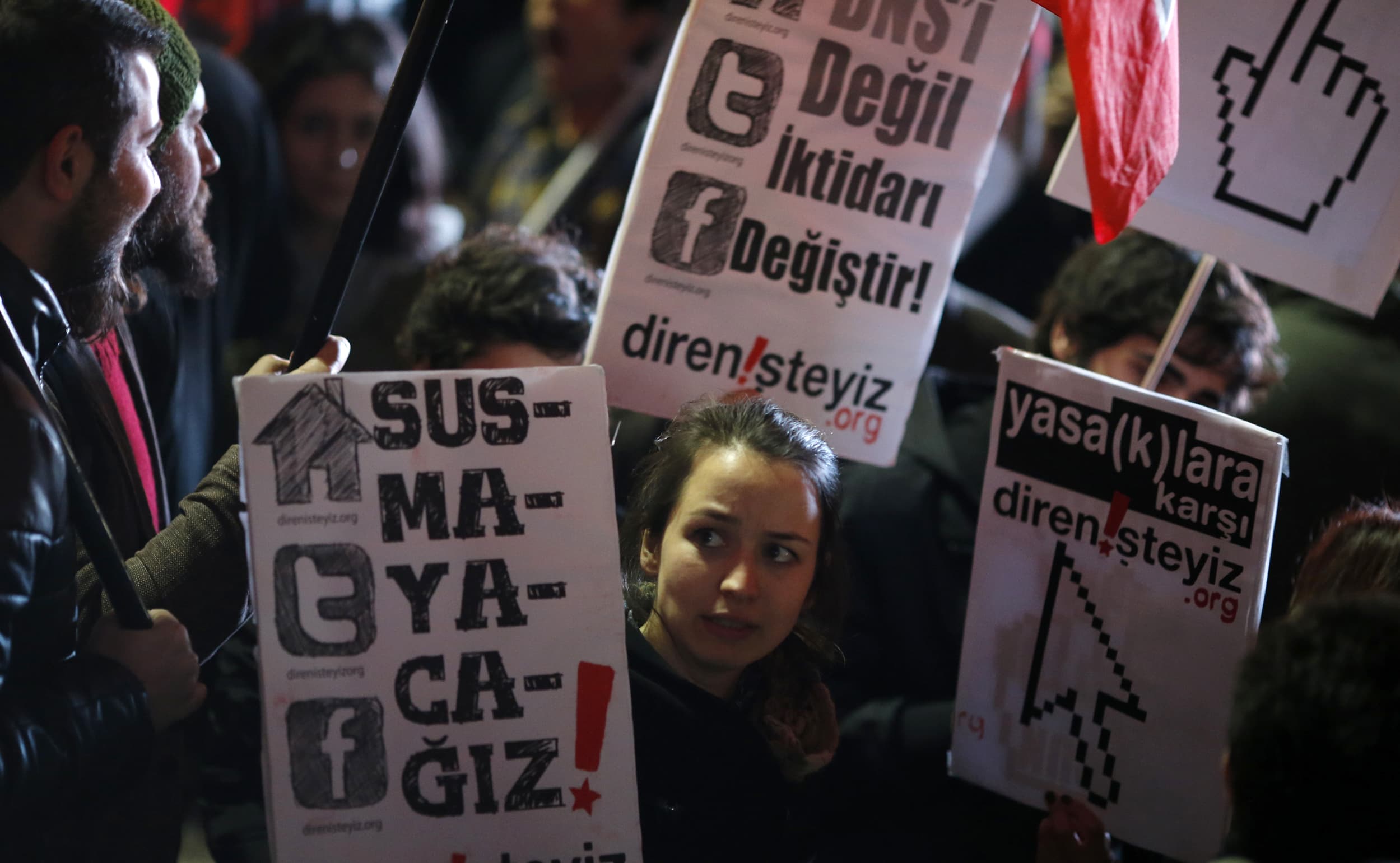Help IFEX members condemn Turkish President Gül’s approval of troubling amendments to Internet Law 5651. Join the Twitter action to denounce President Gül’s failure to defend digital liberties in Turkey.
On 5 February, the Turkish Parliament passed amendments to existing Internet legislation, known as Law 5651, that impose alarming restrictions on digital liberties and freedom of expression.
Turkish State President Abdullah Gül, who has been an open defendant of online freedoms and regularly uses his Twitter platform to discuss his interests in information technology, had the unique authority to overturn the legislation. After continued international pressure and online lobbying for him to reject the legislation, Gül signed the amended Law 5651 on 18 February.
IFEX members like Initiative for Free Expression – Turkey, Reporters Without Borders (RSF), Human Rights Watch, the Committee to Protect Journalists (CPJ) and IPS Communication Foundation – Bianet have spoken out against the troubling restrictions, which now allow for unrestricted government access to private user data and make it easier for officials to block content that could arbitrarily be considered obscene.
Take action now. Remind President Gül of his continued responsibility to defend digital freedom in Turkey. Support free expression: Tweet 4 Turkey!
In 2011 President Gül spoke out about open Internet access and communications, providing the general public with the impression that he is dedicated to digital liberties. Retweet the two posts below and expose to the world the hypocrisy of his decision.
Benim görüşüm, temelde hiç bir özgürlük kısıtlaması olmamalı. İsteyen herkes internette özgürce dolaşabilmeli.
— Abdullah Gül (@cbabdullahgul) May 28, 2011
Translation: My opinion is that there should be no freedom-restrictions. Anyone should surf on the Internet freely.
İletişim teknolojilerinin eriştiği bu güç karşısında hiçbir kapalı rejimin uzun vadede ayakta kalması mümkün değil.
— Abdullah Gül (@cbabdullahgul) March 5, 2011
Translation: It is not possible for any closed-regime to survive -in long term- against the power that communication technologies have reached to.



